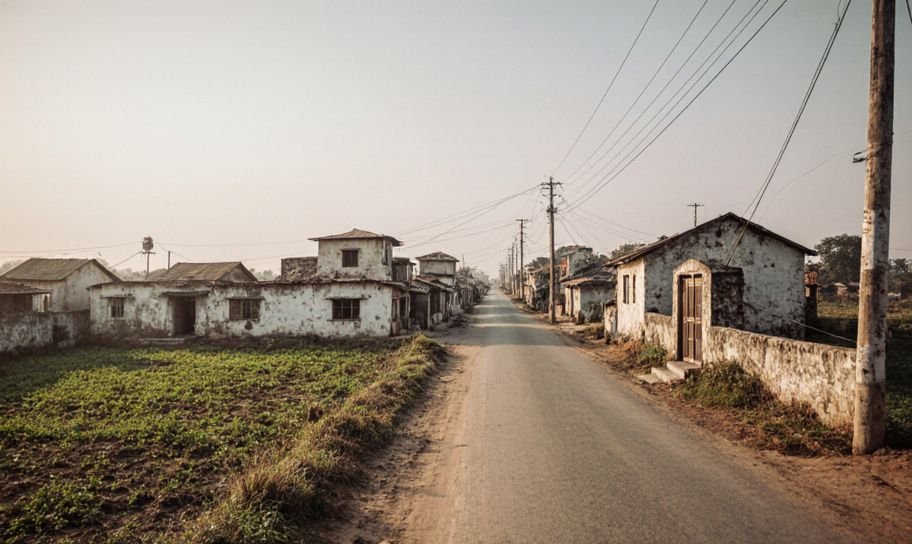
Quick Summary: The Bombay High Court rejected several requests to change the boundaries of voting areas in Maharashtra. The court stressed the importance of holding elections on time and found no reason to change how the voting areas were set up.
The case involved several requests challenging the final announcement of voting area boundaries in Maharashtra. These requests were filed against the State of Maharashtra and the State Election Commission, among others. The main issue was the setting of boundaries for the upcoming local elections.
The court, led by Judges Manish Pitale and Y.G. Khobragade, emphasized its limited power under Article 226 of the Constitution. The court can only step in if there is a clear violation of constitutional rules. The judges referred to previous Supreme Court decisions, stating:
"The courts cannot interfere with the setting of boundaries unless there is a violation of constitutional rules."
The people who filed the requests, led by Shahaji Dnyandeo Maharnavar, argued that the process of setting boundaries was unfair and influenced by politics. They claimed that the changes would make voting harder for people and favor certain political parties. For instance, in Taluka - Mahur, District - Nanded, they argued:
"Village Anjankhed was unfairly moved from Wai Bazar to Wanola, causing inconvenience."
The court found that the process of setting boundaries followed the rules outlined in the government order dated 12.06.2025. It included public meetings and considered factors like population balance and natural boundaries. The court noted:
"Proper hearings were held, and the objections were addressed in detail by the authorities."
The Supreme Court had earlier instructed that local elections in Maharashtra be held within four months. The High Court emphasized the importance of following this timeline to ensure fair governance.
The court rejected all the requests, stating that the people who filed them did not show any unfairness or improper actions in the boundary-setting process. The judges stated:
"Interfering lightly in such matters would disrupt the election process."
This decision clears the way for timely local elections in Maharashtra, supporting the commitment to fair and democratic processes.